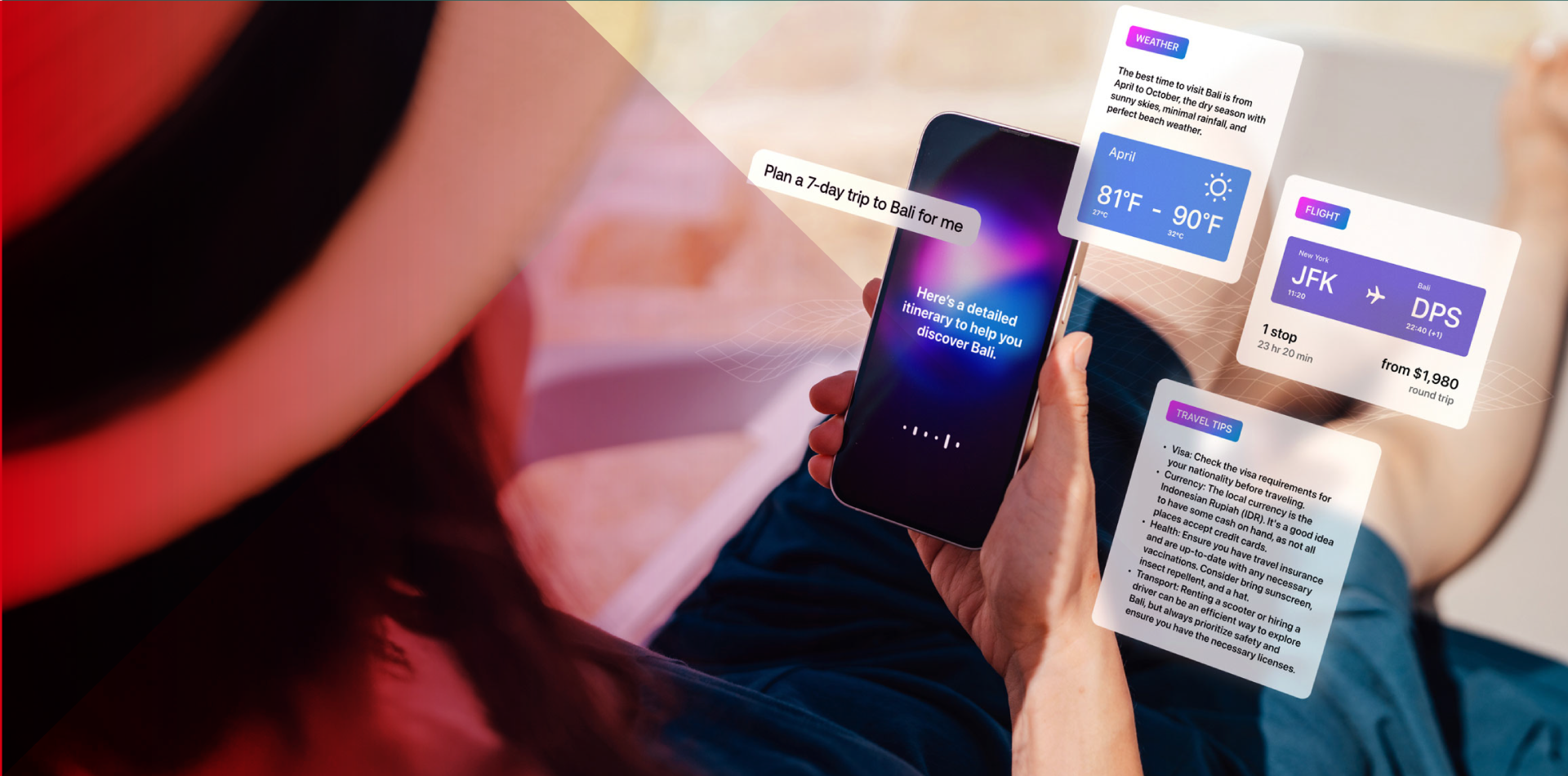
Global Titans vs. Regional Challengers: The Battle for Hong Kong’s Asset Management Crown.
Hong Kong’s asset management industry, long shaped by global giants like JPMorgan Asset Management, Schroders, and Fidelity, is undergoing a seismic power shift. A new wave of local and regional players—from homegrown Value Partners to Chinese powerhouses like ChinaAMC and Korean entrants such as Mirae Asset—are aggressively carving out market share. This clash between entrenched international firms and ambitious challengers raises a critical question: In a market where trust and relevance are paramount, what strategies will define the next era of dominance?
READ MORE
Navigating the Greater Bay Area Opportunity: Is Hong Kong's Financial Sector Ready for the Leap?
The Greater Bay Area (GBA), China’s ambitious plan to integrate Hong Kong, Macau, and nine mainland cities into a global economic powerhouse, has sparked a gold rush among Hong Kong’s financial institutions. With the Wealth Connect Scheme bridging markets, the region’s population of 86 million—10 times Hong Kong’s size—presents unparalleled opportunities for banks, asset managers, and insurers. Yet, amid the excitement, a critical question looms: Is Hong Kong’s financial sector truly prepared to navigate the complexities of this sprawling, heterogeneous market
READ MOREThe rise of artificial intelligence (AI) in marketing has sparked heated debates: Will algorithms replace copywriters, designers, and strategists? But framing AI as a threat to creativity misses the point. Rather than displacing human ingenuity, AI is emerging as a transformative tool that amplifies marketer capabilities, enabling teams to work faster, smarter, and at unprecedented scale. The real opportunity lies not in fearing automation, but in leveraging AI to elevate strategic thinking and innovation.

From Efficiency to Empowerment
AI’s most immediate value lies in automating repetitive, time-intensive tasks. Tools like ChatGPT or Midjourney draft ad copy, generate visuals, or edit videos in minutes—work that once took hours or days. But this is just the tip of the iceberg. Advanced AI applications are reshaping core marketing functions:
Hyper-Personalization: Machine learning analyzes vast datasets (e.g., browsing behavior, transaction histories) to predict individual preferences, enabling real-time customization of messaging and offers.
Predictive Analytics: AI forecasts campaign performance, customer churn, or market trends, allowing marketers to allocate budgets proactively.
Dynamic Pricing & Media Buying: Algorithms adjust pricing strategies or bid for ad placements in milliseconds, optimizing ROI.
Audio Branding: AI generates sonic logos or voiceovers tailored to audience demographics, enhancing brand recall. By handling these tasks, AI frees marketers to focus on high-impact work: crafting brand narratives, designing emotionally resonant campaigns, and exploring untapped market opportunities
The Collaboration Era: Humans + AI
The future of marketing isn’t human vs. machine—it’s human with machine. Consider how creative teams already use AI:
- A strategist uses AI to analyze social sentiment, identifying emerging trends to inform a campaign’s thematic direction.
- A designer iterates on 50 logo variations in minutes using generative AI, then refines the best concepts with artistic intuition.
- A media planner deploys AI-driven A/B testing to optimize ad creatives in real time, while focusing on long-term channel strategy.
In each case, AI handles the “heavy lifting,” while humans provide context, judgment, and creative spark
The Road Ahead: Scaling Creativity, Responsibly
To fully harness AI, marketers must rethink workflows. This means upskilling teams to use AI tools ethically (e.g., avoiding bias in algorithms) and strategically (e.g., aligning AI outputs with brand values). It also requires a shift in mindset: AI isn’t a shortcut, but a collaborator that expands what’s possible.
The Bottom Line
AI won’t replace marketers who embrace its potential. Instead, it will differentiate those who use it to innovate faster, personalize deeper, and allocate resources smarter. The question isn’t whether AI will replace creativity—it’s how creativity will evolve when powered by AI. For forward-thinking brands, the answer is clear: human imagination, supercharged.

